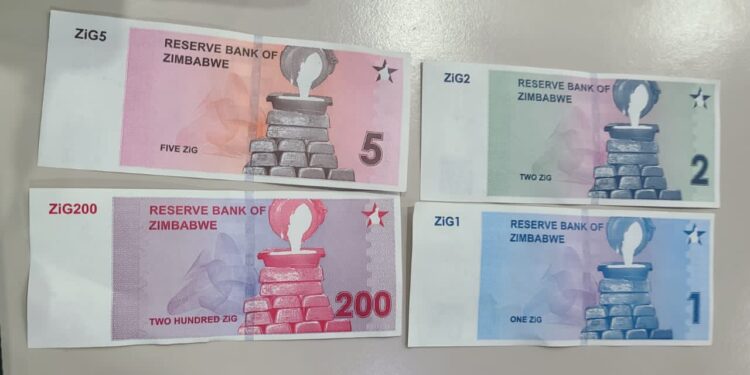This resistance creates a challenge to the government’s directive to use ZiG for transactions.
Informal traders, who cater to a significant portion of the population, are hesitant to accept ZiG citing they are yet to “understand” the new currency”.
Zanu PF MP for Rushinga constituency, Tendai Nyabani, Tuesday highlighted the discrepancies.
“During my travels, I’ve observed the positive steps taken by the President to reintroduce a national currency. As part of my duties as a representative for the people of Rushinga, I visited wholesalers to assess their use of ZiG and how citizens are conducting transactions using the new currency.
“It’s concerning that basic commodities in Harare are already expensive, despite not incurring transportation costs. Wholesalers are reportedly marking up prices by 18%. This raises concerns about the final price of these goods in areas like Plumtree or Rushinga.
“Furthermore, not all basic commodities are being sold for ZiG at these wholesalers, including those at Mohammed Mussa. These practices need to be addressed,” said Nyabani.
A recent survey by source suggests that some traders are hesitant to accept the new Zimbabwe Gold (ZiG) currency.
For those willing to accept ZiG, concerns have been raised about potentially inflated exchange rates being used.
On Tuesday, the government urged the private sector to adopt ZiG for everyday transactions.
However, this call follows reports of some government departments not accepting ZiG.
Economists have warned that this lack of widespread acceptance could erode confidence in the new currency, potentially leading to its devaluation.
Source NewZimbabwe









